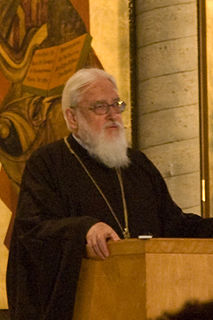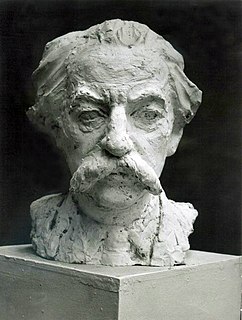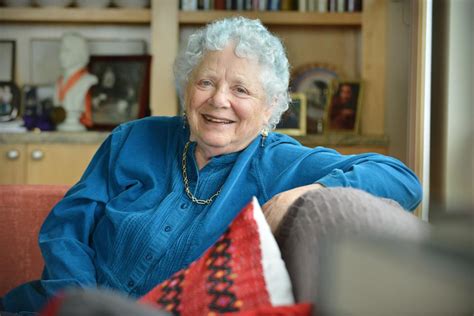A Quote by Isabel Allende
Agosins poetic language engages the reader in a mesmerizing journey of inward reflection and exile.
Quote Topics
Related Quotes
Probably all of us, writers and readers alike, set out into exile, or at least into a certain kind of exile, when we leave childhood behind...The immigrant, the nomad, the traveler, the sleepwalker all exist, but not the exile, since every writer becomes an exile simply by venturing into literature, and every reader becomes an exile simply by opening a book.
If there is anything good about exile, it is that it teaches one humility. It accelerates one’s drift into isolation, an absolute perspective. Into the condition at which all one is left with is oneself and one’s language, with nobody or nothing in between. Exile brings you overnight where it would normally take a lifetime to go.
Nice writing isn't enough. It isn't enough to have smooth and pretty language. You have to surprise the reader frequently, you can't just be nice all the time. Provoke the reader. Astonish the reader. Writing that has no surprises is as bland as oatmeal. Surprise the reader with the unexpected verb or adjective. Use one startling adjective per page.






































